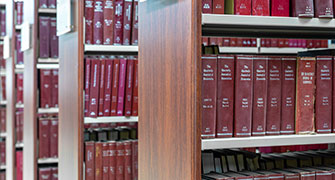Author: Soo Hong Chew, Wei Huang, Xun Li
Abstract
The adverse impact of haze on health and its association with a range of economic outcomes have received increasing attention in the literature. A natural laboratory experiment involving more than 600 subjects enables a first attempt at investigating the causal effect of haze, proxied by particulate matter of up to 2.5 microns in diameter (PM2.5) on decision making. This study was conducted in Beijing in October 2012 over five days with highly varying levels of PM2.5, which only became commonly known in China in 2013. We observed several effects associated with an increase in haze. In terms of individual decision making, we found increases in risk aversion and ambiguity aversion over gains. In terms of other-regarding behavior, subjects became less prosocial, giving less in a dictator game, contributing less in a public goods game, and reciprocating less in a sequential prisoners' dilemma. Our results underpin several reported findings in the literature linking short-term variations in air quality to real-world economic variables, including stock market performance, worker productivity, movie attendance and revenue, criminal activities, and subjective wellbeing.
executive summary
This study is the first to investigate the effects of haze on behavioral decision-making through nature-lab experiments. In October 2012, more than 600 subjects participated in the experiment in Beijing. The experiment lasted for 5 days. The PM2.5 index of the first three days and the last two days was very different, and the smog was only widely known in 2013. The data analysis results show that the more severe the smog, the stronger the risk aversion and ambiguity aversion of people; the weaker the people's prosociality, and the less given in the dictator game, the public goods game, and the continuous prisoner's dilemma. These findings support findings from a range of literature, including the effects of air pollution on stock market performance, worker productivity, movie attendance, income, criminal activity, and subjective well-being.
This article was published online in the Journal of Economic Behavior & Organization 2021, Volume 182. The journal is an A-category award journal of the School of Economics and Management, and authors are sorted alphabetically by last name.
Paper link: https://doi.org/10.1016/j.chieco.2021.101608
 Faculty and Staff
Faculty and Staff Academics
Academics International Exchange
International Exchange







